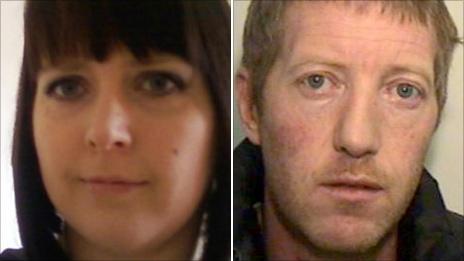Clare's Law: 1,300 domestic abuse disclosures made
- Published
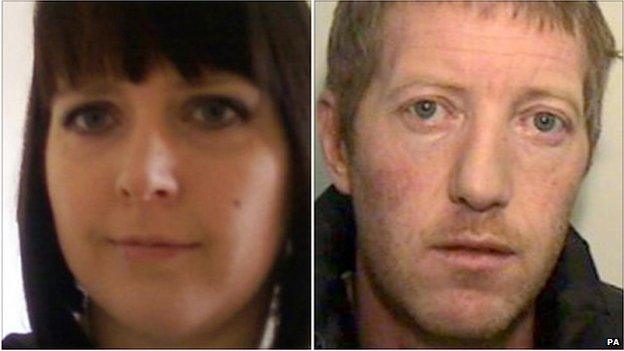
Clare Wood was murdered by George Appleton at her home in Salford in 2009
A scheme allowing people to find out if their partner has a history of domestic violence has been used more than 1,300 times in less than a year.
Clare's Law - named after Clare Wood, who was murdered by her ex-boyfriend in 2009 - came into force across England and Wales in March 2014.
At least 1,335 disclosures have been made so far, police figures obtained by the Press Association show.
Miss Wood's father said he was "quietly delighted" the law was being used.
The figures, released following Freedom of Information requests, show there have been at least 3,760 applications under the law so far - resulting in the 1,335 disclosures. The true totals are likely to be higher, as three police forces did not release their statistics.
The figures include both "right to ask" cases - where information was requested - and "right to know" - where police warn potential victims without being asked to do so.
'Going to snowball'
Miss Wood was strangled and set on fire by her ex-boyfriend George Appleton at her home in Salford, Greater Manchester. Appleton had a history of domestic violence - but Miss Wood, 36, was unaware of it.
Her father, Michael Brown, said he thought the use of Clare's Law so far was the "tip of the iceberg".
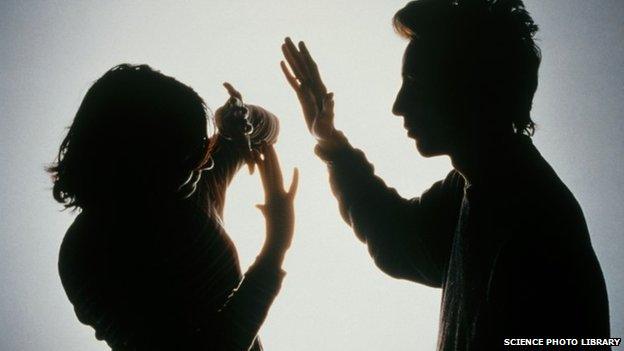
Clare's Law could allow people to save themselves by leaving a relationship, MP Hazel Blears said
"All these people know about Clare's Law, they're going to tell another five, another dozen, and next year this is going to snowball," he said.
Clare's Law was rolled out in March last year, following a 14-month pilot in Gwent, Wiltshire, Nottinghamshire and Greater Manchester.
Outside the four forces involved with the pilot, Lancashire had the highest number of disclosures at 146, while Norfolk had the lowest, with five.

Anna's story
I was with my husband for 10 years. Abuse involved being strangled, mental abuse, having white spirit poured around me and the area around me being set on fire one week after our wedding.
It took me many years to break away. I even left him and then went back after he cracked my rib.
Why did I stay so long? Why did I go back? Hard questions to answer and face up to. I think I was used to rows as a child, so some of the behaviour was not unknown to me, and a lot of it was around my low self-esteem.
Although he was questioned by police and even spent a night in custody on one occasion, he was never prosecuted.
If Clare's Law had been going then it might have been different for me.
If you met my husband in a pub you'd think he was really nice but he was a totally different person in private.
I would ask all my girlfriends to have that check done, as you just can't tell what someone is really like when you meet them in a social situation.
*Victim's name has been changed

The police figures show variation between forces in terms of the likelihood of requests being granted.
More than 60% of requests in Greater Manchester led to information being released, compared with 11% in Merseyside.
Hazel Blears, Labour MP for Salford and Eccles, said this suggested the law was being "applied in different ways".
"I will be writing to the home secretary to ask what is being done to review its use and ensure best practice is shared across the country and the right decisions are made," she said.
Ms Blears said the scheme had been of "great assistance" to those who had obtained information.
'Clearly concerned'
Under Clare's Law, otherwise known as the Domestic Violence Disclosure Scheme, external, men and women can request information about their partner, or third parties such as friends or relatives can make requests if they are "concerned".
Police and other agencies including social services then consider whether releasing information on someone's past is "necessary, lawful and proportionate" to protect someone from their partner.
Reasons for information not being released include a partner not having a record of abuse offences, or there being no "pressing need for disclosure" based on the information found.
Polly Neate, chief executive of charity Women's Aid, said: "Any woman asking for a disclosure under Clare's Law is clearly already concerned about her relationship, and should be referred to a specialist service so she can get support with her concerns, even if no disclosure can be made."
Clare's Law does not apply in Northern Ireland, while a pilot scheme is being run in Scotland, external.
- Published5 September 2014
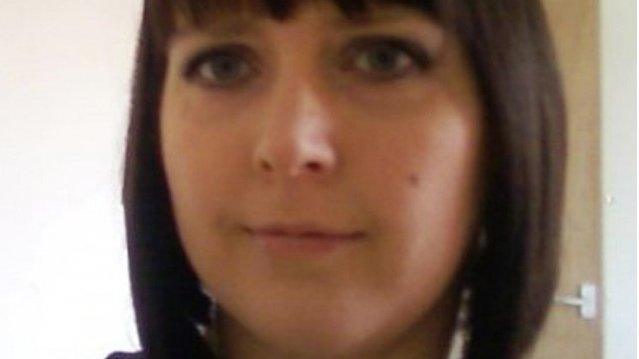
- Published8 March 2014

- Published8 May 2014
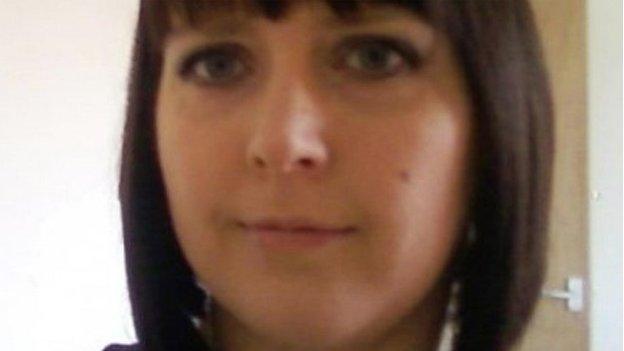
- Published25 November 2013
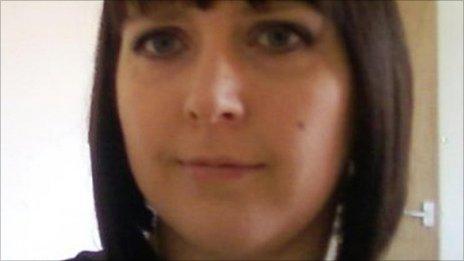
- Published5 March 2012

- Published23 May 2011
